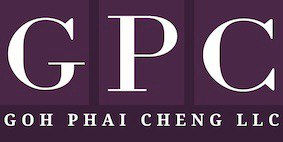10 July 2012, Singapore.
A law passed today will enable foreign-registered patent attorneys (FPA) to set up shop in Singapore more easily.
The rationale is to attract world-class patent firms to Singapore to service offshore markets, especially firms with a client base in Asia. How Singapore hopes to achieve this is to introduce a new Register of FPAs and allow the FPA to bypass a local registration system while restricting his business to “offshore work”, a term that is not explicitly defined but whose meaning can be derived from the Patents (Amendment) Bill no. 13/2012:
- applying for or obtaining patents at any place other than the Registry of Patents at IPOS;
- preparing specifications or other documents for the purposes of (i) the patent law of any country other than Singapore; or (ii) an international application for a patent which, on its date of filing, designates any country other than Singapore (whether or not it also designates Singapore); or
- giving advice (other than advice of a scientific or technical nature) about the validity, or infringement, of patents under the patent law of any country other than Singapore.
If a FPA wishes to qualify as a Singapore-registered patent agent and be on the current Register of Patent Agents in Singapore, he will need to complete the following:
- a year long Graduate Certificate in Intellectual Property Law course;
- a minimum 12-month internship; and
- four patent agent qualifying examination papers (QE) conducted by the Intellectual Property Office of Singapore (IPOS).
However, if he is from a recognised jurisdiction, he may be granted exemptions, and he will only need to clear one QE paper, namely ‘Knowledge of Patent Law and Patent Practice in Singapore’.
FPAs doing offshore work while having a base in Singapore will be required to satisfy specific registration requirements, which IPOS will announce in due course.

Comments
One response to “Making It Easier For Foreign Patent Attorneys To Set Up Shop In Singapore”
[…] world. On the contrary, Singapore has relaxed its regulations on foreign lawyers since 2008 and on foreign patent attorneys […]